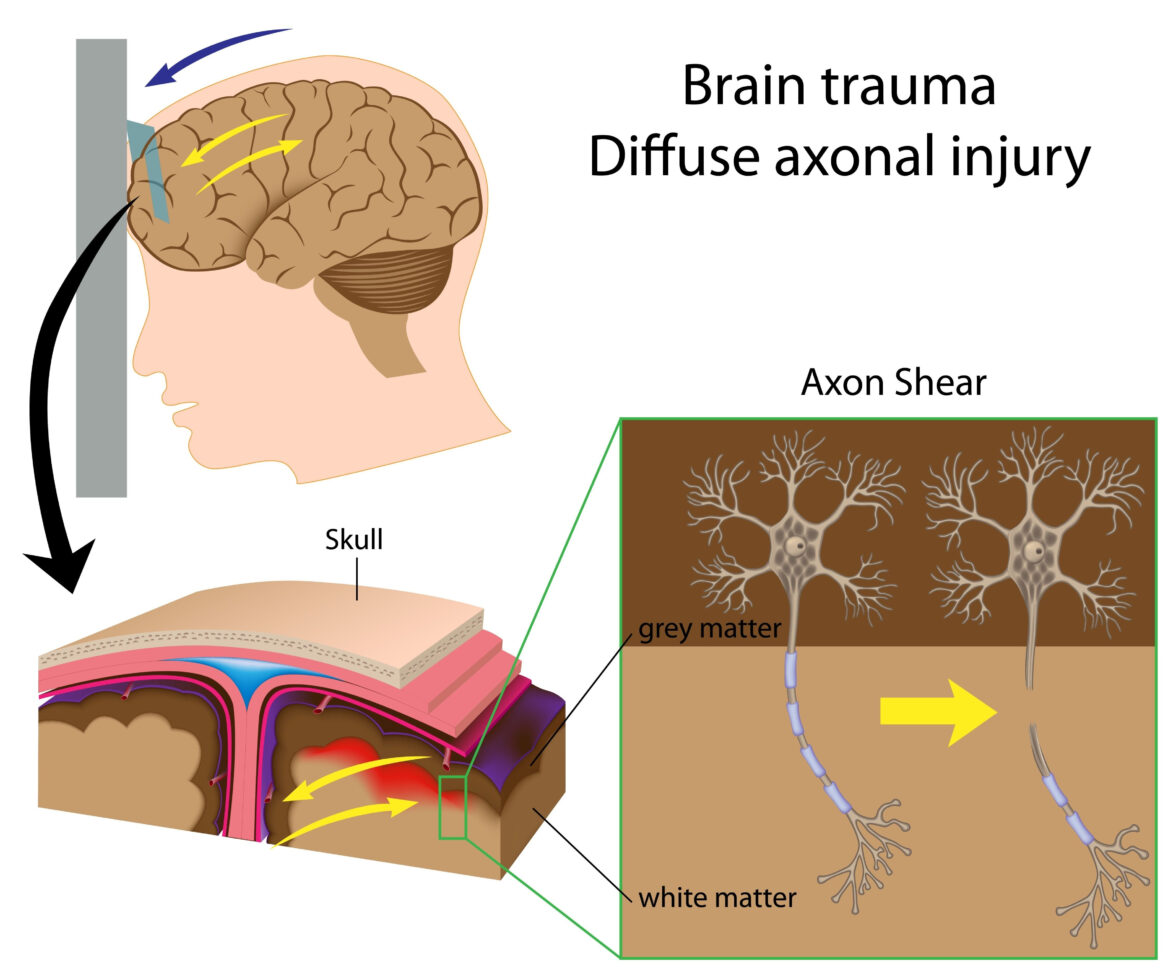Introduction
Recovery from a Mild Traumatic Brain Injury (mTBI) varies significantly among individuals, influenced by the injury’s severity, the person’s health before the injury, and the quality of treatment and rehabilitation received. This article explores the stages of recovery from mTBI, offering insight into what patients can expect during their journey back to health.
Early Stage Recovery
The initial days and weeks following an mTBI are critical. Symptoms like headaches, dizziness, and cognitive difficulties are common. During this period, physical and cognitive rest is paramount to reduce the risk of exacerbating symptoms. Patients are encouraged to gradually reintroduce light activities, avoiding anything that could strain the brain.
Intermediate Stage Recovery
As symptoms begin to improve, patients may start more structured rehabilitation programs. This phase may involve physical therapy to address balance and coordination, occupational therapy for regaining daily living skills, and cognitive therapy to improve memory, concentration, and executive functions. Patient education on symptom management and the importance of a supportive home environment are also critical.
Long-Term Recovery
Long-term recovery focuses on managing persistent symptoms and integrating back into normal life. Some individuals may experience ongoing challenges, such as subtle cognitive impairments or emotional changes, requiring continued support. Strategies for cognitive enhancement, emotional regulation, and social reintegration are discussed, emphasizing the importance of a holistic recovery approach.
Support Systems
The role of family, friends, and professional support networks cannot be overstated in the recovery from mTBI. Emotional and practical support helps individuals navigate the challenges of recovery, fostering a positive outlook and resilience. Professional support, including counseling and support groups, offers additional resources for coping and adaptation.
Living with mTBI
Adjusting to life after an mTBI involves recognizing and adapting to any long-term changes. This section provides guidance on lifestyle modifications, strategies for enhancing well-being, and tips for a successful return to work or school.
Conclusion
Recovery from mTBI is a personal and unique journey for each individual. Understanding the recovery process and leveraging available support systems are key to navigating the path forward. With patience, perseverance, and the right strategies, individuals can achieve a fulfilling life post-injury.

